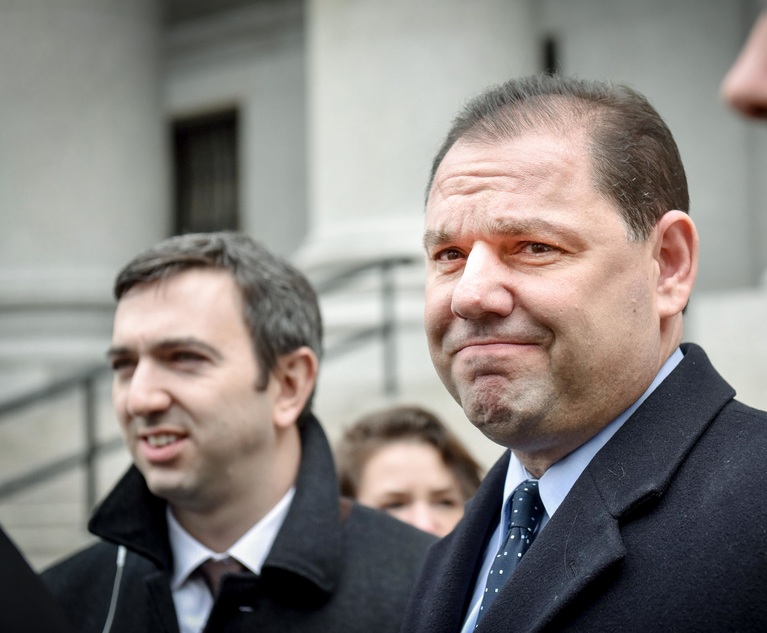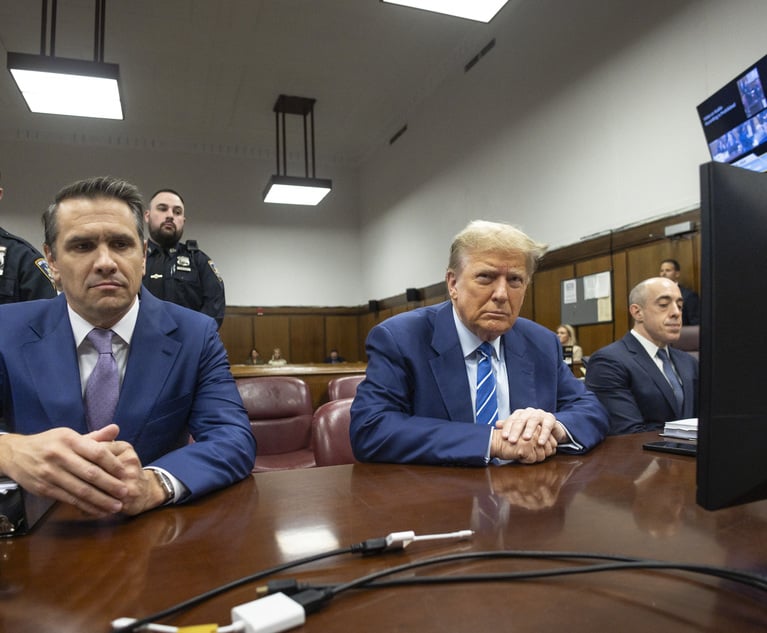Federal courts long have struggled to define the limits of the mail and wire fraud statutes, laws famously characterized as the prosecutor’s true love for their vast breadth and catch-all adaptability. After sidestepping opportunities in the past, the U.S. Supreme Court is now wading into two different and controversial manifestations of that flexibility. The first, which has proved particularly useful to Second Circuit prosecutors in recent years, is the “right-to-control” theory. This approach treats the deprivation of complete and accurate information bearing on a person’s economic decision as a species of property fraud. Critics have focused on this theory because it allows federal prosecution of a broad range of conduct that may be unsavory or deceptive—like violating NCAA recruiting rules, lying in an employment application or retaliating against a political rival by closing entrance lanes to a busy bridge—but which does not contemplate the concrete economic harm at which fraud statutes are aimed. The second is a line of cases based on the Second Circuit’s 1982 decision upholding the conviction of the former Republican leader in Nassau County, Joseph Margiotta, holding that a private citizen who has informal influence over government decision making can be convicted of honest services fraud.
The cases the Supreme Court accepted for review arise from scandals touching New York state government that were the subject of two separate trials in 2018 before Judge Valerie Caproni of the Southern District of New York. On June 30, the last day before its summer recess, the Supreme Court granted a petition for certiorari in Ciminelli v. United States, No. 21-1170, often referred to as the “Buffalo Billion” case, arising from alleged bid-rigging regarding contracts for development projects in Buffalo and Syracuse. That same day, the court also granted a petition for certiorari in Percoco v. United States, No. 21-1158, which stemmed from a bribery scandal involving one of the defendants in the “Buffalo Billion” case and Joseph Percoco, a top aide to then Governor Andrew Cuomo who was not a state employee at the time of the conduct at issue. Coming in the wake of Kelly v. United States, 140 S. Ct. 1565 (2020)—the court’s unanimous ruling rejecting an expansive construction of the fraud statutes in overturning the “Bridgegate” convictions—the court’s decision to hear both cases suggests it may take the opportunity to further rein in prosecutors’ efforts to impose their views of ethical behavior by extending the fraud statutes beyond protecting against classic property fraud.


 Joseph Percoco, a former aide to Gov. Andrew Cuomo. Photo by David Handschuh/NYLJ
Joseph Percoco, a former aide to Gov. Andrew Cuomo. Photo by David Handschuh/NYLJ




